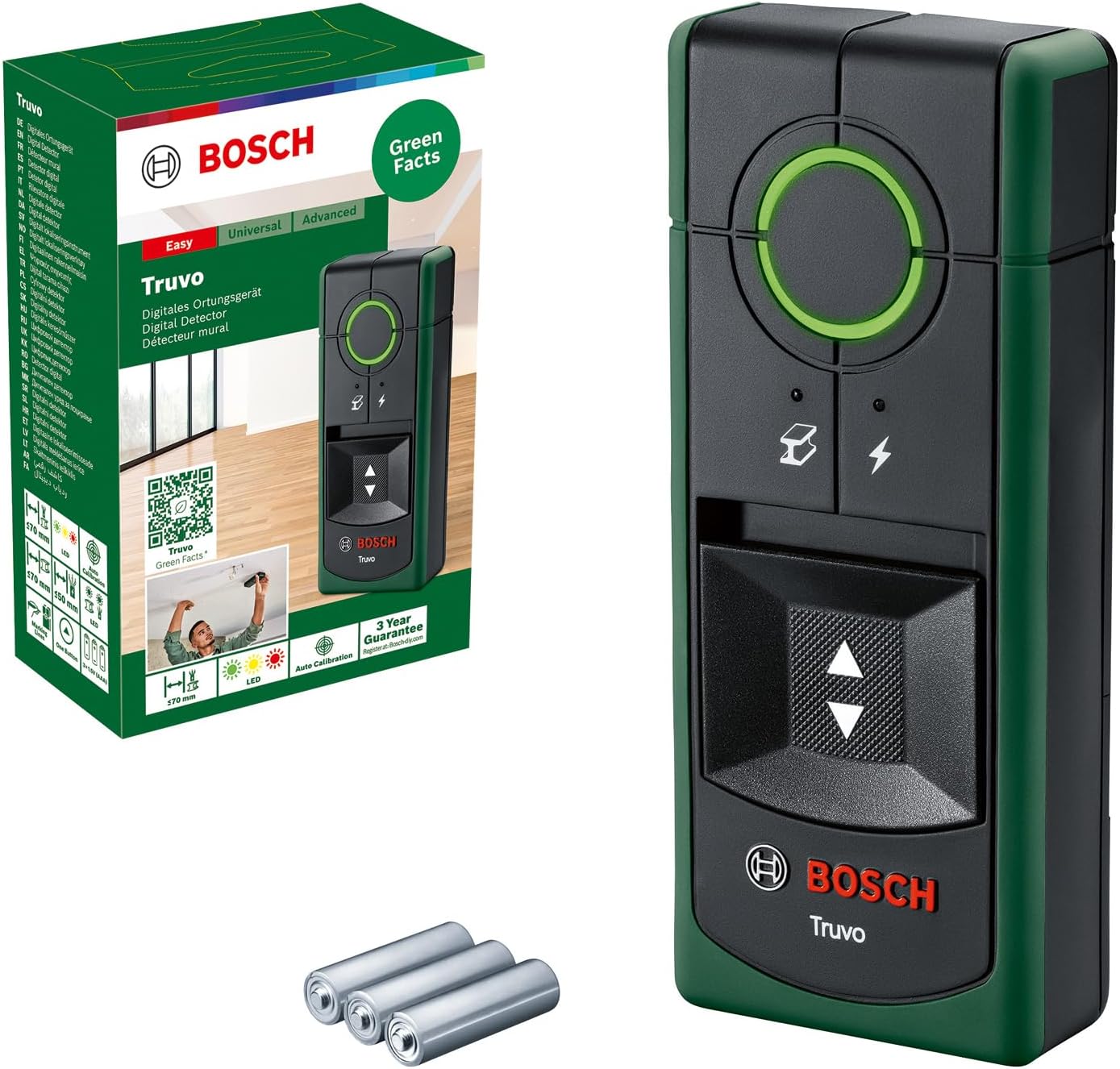
If you have a composite decking at home and you want it to look sparkling clean, it’s important to know what products you should avoid using on it. Although composite decking is highly durable and low maintenance, certain cleaning agents can cause damage or discoloration. In this article, we will guide you through the do’s and don’ts of cleaning composite decking, highlighting the products that you should definitely steer clear of. So, grab a cup of coffee and get ready to learn how to keep your composite decking looking brand new for years to come! When it comes to cleaning composite decking, it’s important to be cautious about the materials and chemicals you use. While composite decking is known for its durability and resistance to staining, there are certain substances that can potentially harm the surface. In this article, we will explore various types of cleaning agents and tools that you should avoid when cleaning your composite decking. By avoiding these harsh chemicals, abrasive tools, and improper cleaning methods, you can keep your composite decking looking beautiful and pristine for years to come.

Harsh Chemicals
Bleach
Bleach is a potent cleaning agent that is commonly used for removing stains and disinfecting surfaces. However, when it comes to cleaning composite decking, bleach should be avoided. The harsh chemicals in bleach can cause discoloration and fading of the composite deck material. Additionally, bleach can also damage the protective coating on the decking, leaving it vulnerable to stains and other forms of damage.
Ammonia
Another chemical to steer clear of when cleaning composite decking is ammonia. While ammonia is a versatile cleaning agent, it can have detrimental effects on the composite deck surface. Ammonia can cause discoloration and fading, as well as weaken the structure of the decking over time. It is best to opt for milder, non-abrasive cleaners specifically designed for use on composite decking.
Acetone
Acetone is a powerful solvent commonly used for removing paint and adhesive residues. However, it is not suitable for cleaning composite decking. Similar to bleach and ammonia, acetone can cause discoloration and damage the protective coating on the decking. It is important to choose cleaning agents that are mild and safe for use on composite materials.
Abrasive Tools
Metal brushes
While metal brushes are effective for removing tough stains and debris from surfaces, they should not be used on composite decking. The abrasive nature of metal brushes can scratch and damage the surface of the decking, compromising its appearance and structural integrity. It is recommended to use soft-bristle brushes or non-abrasive cleaning tools specially designed for composite decking.
Wire wool
Wire wool, similar to metal brushes, is an abrasive cleaning tool that should be avoided when cleaning composite decking. The fine metal fibers in wire wool can cause visible scratches on the decking surface, leading to a dull and worn-out appearance. Opt for gentler cleaning methods that preserve the beauty of your composite decking.
Sandpaper
Although sandpaper is a commonly used tool for smoothing surfaces and removing imperfections, it should never be used on composite decking. Sandpaper is too abrasive and can easily damage the surface of the decking, leaving it rough and susceptible to staining and discoloration. Instead, choose alternative methods such as gentle cleaning solutions and non-abrasive scrubbing pads to maintain the pristine look of your composite decking.
Oil-Based Cleaners
Petroleum-based solvents
Petroleum-based solvents, such as gasoline or diesel fuel, should never be used on composite decking. These solvents can penetrate the composite material and cause permanent staining, discoloration, and even degradation of the decking. It is essential to choose water-based cleaners that are specifically formulated for use on composite materials.
Mineral spirits
Similarly, mineral spirits contain harsh chemicals that can be detrimental to the surface of composite decking. These solvents can cause discoloration, fading, and damage the protective coating on the decking. Avoid using mineral spirits and opt for more gentle, water-based cleaning solutions instead.
Paint thinners
Paint thinners, commonly used to remove paint and varnish, should not be used on composite decking. These strong chemicals can react with the composite material, causing discoloration, fading, and even structural damage. It is crucial to select cleaning agents that are safe and specifically designed for use on composite materials.
Power Washers
High-pressure water jets
Power washers can be a quick and efficient way to clean outdoor surfaces, but they should be used with caution on composite decking. High-pressure water jets can damage the decking’s surface by stripping away the protective coating and causing splintering or warping. If you choose to use a power washer, be sure to set it at a low pressure and keep a safe distance from the decking to minimize the risk of damage.
Improper pressure settings
Using a power washer with improper pressure settings can also lead to damage on composite decking. If the pressure is too high, it can cause the surface to become gouged, scratched, or dislodged. Always consult the manufacturer’s guidelines and adjust the pressure accordingly to protect your composite decking from unnecessary harm.

Strong Stain Removers
Oxalic acid
While oxalic acid is often used to remove stubborn stains, it should not be used on composite decking. This acid can cause discoloration and damage the protective layer of the decking material. Additionally, oxalic acid may react with certain components of the composite material, potentially leading to deterioration. To combat stains on composite decking, it is best to use mild cleaning solutions specifically formulated for this type of surface.
Sodium hydroxide
Sodium hydroxide, also known as caustic soda or lye, is a strong alkaline chemical that should be avoided when cleaning composite decking. This compound can cause discoloration, fading, and structural damage to the decking. In order to maintain the integrity of your composite decking, opt for gentle, pH-balanced cleaners that are specifically designed for use on this type of material.
Hydrochloric acid
Hydrochloric acid, commonly known as muriatic acid, is a highly corrosive chemical that should never be used on composite decking. This acid can cause severe damage, including etching, discoloration, and even degradation of the decking material. It is crucial to choose cleaning agents that are safe and recommended for composite decking to avoid costly repairs or replacements.
Colored or Dyed Cleaners
Some specialized cleaners
While there are specialized cleaners available that claim to be suitable for composite decking, it is important to exercise caution when using colored or dyed cleaners. These products may contain dyes or pigments that can stain or discolor the decking surface. It is recommended to test any colored or dyed cleaning agent on a small inconspicuous area before applying it to the entire decking to ensure compatibility and avoid potential damage.
Colored detergents
Similarly, colored detergents, such as those used for laundry or dishwashing, should not be used on composite decking. The dyes in these detergents can stain or discolor the decking surface, leading to an uneven and unattractive appearance. Stick to clear, non-colored detergents when cleaning your composite decking to maintain its original beauty.

Softening and Rubberizing Agents
Acrylic-based solutions
Acrylic-based solutions, often used to enhance the appearance and protect various surfaces, should not be applied to composite decking. These solutions may contain chemicals that react unfavorably with the composite material, causing discoloration, fading, or even structural damage. Always refer to the manufacturer’s recommendations and choose appropriate products specifically formulated for use on composite decking.
Rubber-containing cleaners
Similarly, cleaners containing rubber or rubberizing agents should be avoided when cleaning composite decking. Rubber can leave stains and marks on the decking surface and may also react with the composite material, leading to discoloration or damage. Stick to non-rubber-containing cleaning agents to preserve the integrity and appearance of your composite decking.
Abrasive Additives
Powdered abrasives
Adding powdered abrasives to your cleaning solution can be tempting when dealing with tough stains or grime. However, these abrasives should never be used on composite decking. The particles in powdered abrasives can scratch and dull the surface of the decking, compromising its original appearance and texture. Instead, opt for non-abrasive cleaning solutions and tools designed specifically for use on composite materials.
Scratch-inducing particles
Avoid cleaning agents or tools that contain scratch-inducing particles when cleaning your composite decking. These particles, such as micro-beads or crushed minerals, can cause visible scratches and damage the protective coating on the decking. Stick to gentle cleaning methods that do not involve abrasive additives to ensure the longevity and beauty of your composite decking.
Vinegar
Not recommended for composite decking
While vinegar is often touted as a natural and effective cleaning agent, it is not recommended for use on composite decking. Vinegar is an acid that can react with the composite material, causing discoloration, fading, and potential degradation of the surface. It is best to avoid using vinegar and instead opt for cleaning solutions specifically formulated for composite decking.
Undiluted Soaps and Detergents
Strong concentrations can damage the surface
While soaps and detergents are commonly used for cleaning a variety of surfaces, undiluted or overly concentrated solutions should not be used on composite decking. Strong concentrations of soaps or detergents can damage the surface of the decking, causing discoloration, fading, or stripping away of the protective coating. It is important to dilute cleaning agents according to the manufacturer’s instructions and choose mild cleaners suitable for composite materials.
In conclusion, composite decking is a durable and low-maintenance option for outdoor spaces. However, it requires proper care and cleaning to maintain its appearance and longevity. By avoiding harsh chemicals, abrasive tools, improper cleaning methods, and substances unsuitable for composite materials, you can ensure that your composite decking remains beautiful and functional for years to come. Always refer to the manufacturer’s guidelines and choose cleaning products specifically formulated for use on composite decking to protect your investment and enjoy a pristine outdoor living space.
Read our Reviews on Pack of 10 Composite Wood Plastic Decking












